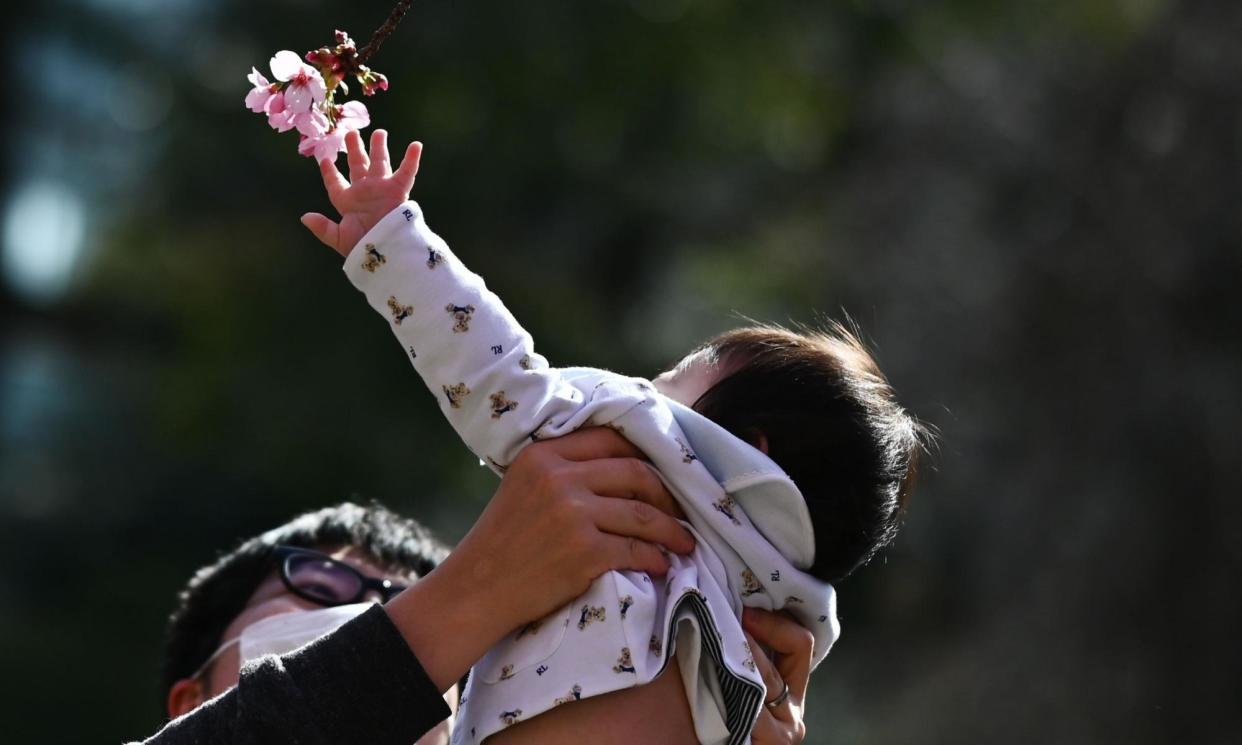Japan to allow divorced parents to share custody of children

Divorced couples in Japan will for the first time be able to negotiate joint custody of their children after parliament voted this week for changes to laws permitting only sole custody.
Under Japan’s civil code, couples must decide which parent will take custody of their children when their marriage ends – a requirement that critics say causes children psychological harm and prevents the “left-behind” parent from playing a fuller role in their upbringing.
The legal change, sponsored by the Liberal Democratic party and its junior coalition partner Komeito, and supported by two main opposition parties, will bring Japan – the only G7 member that does not legally recognise joint custody – into line with many other countries.
Related: ‘Ruining my career’: calls grow for Japan to change law on married surnames
Supporters of the existing arrangements have voiced concern that joint custody could expose children to danger in cases where child abuse has been cited as a reason for divorce, while women who have been subjected to domestic violence would be forced to maintain ties with their abuser.
In response, the bill’s sponsors have said custody will continue to be granted to one parent if the other is suspected of abuse.
After the powerful lower house passed the bill on Tuesday, the legislation will go before the upper house, where it is expected to be passed before the current parliamentary session ends on 23 June, the Kyodo news agency said.
“Even after divorce, it is important for both mothers and fathers to remain appropriately involved in, and responsible for, bringing up their children,” the justice minister, Ryuji Koizumi, told parliament last month, according to Nikkei Asia.
The legislation – the first change to custody laws for more than seven decades – could go into effect from 2026, Kyodo said, adding that it would also be applied retroactively to couples who had already divorced.
The sole custody system has drawn criticism from divorced parents, including foreign nationals who struggle to maintain relationships with their children if their former partner takes them back to Japan, sometimes denying their former spouse any parental contact.
The change reflects the changing nature of families in Japan, which continues to resist calls to allow married couples to use separate surnames – a move conservative lawmakers see as an attack on traditional values.
About 200,000 children are affected by divorce every year – double the number 50 years ago, despite the plummeting birth rate. A 2021 government survey found that one in three children with divorced parents said they eventually lost contact with the non-custodial parent.
If parents are unable to agree on custody arrangements, family courts will have the power to decide based on the child’s interests, the Yomiuri Shimbun newspaper said.


